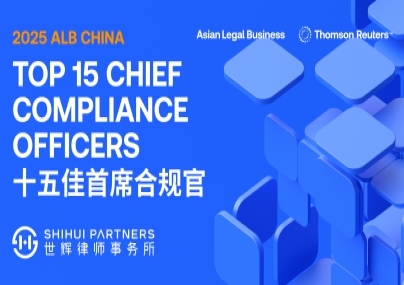Dealmakers in Asia are seeking to turn ongoing China-U.S. trade tensions to their advantage even as fears of ramped-up hostility between the two countries disrupt markets and damp cross-border mergers and acquisitions (M&As).
Opportunities in China are emerging in the technology supply chain and among distressed companies, while the continued outbound focus of firms from safe-harbour Japan are likely to gain increased attention, industry participants said.
Deals involving Asian firms plunged 43% year-on-year in the first half to $453.5 billion, according to Refinitiv data. The slowdown was felt across major markets in China, Japan and India and in sectors from property and financials to technology, the data showed.
Globally, M&As fell 19%, with Asia representing less than a quarter of total activity - the region’s lowest share in a decade.
Dealmakers said confidence weakened after U.S. President Donald Trump quashed hopes of an imminent trade deal with China in May by increasing tariffs on $200 billion of Chinese imports.
“The China-U.S. trade war is beginning to have a significant effect. It is disrupting a variety of supply chains and has injected a high degree of uncertainty in many cases,” said Victor Ho, China managing partner at law firm Allen & Overy.
Those tensions are, however, pushing private equity firms to consider investing in alternative Chinese tech suppliers after American and Japanese firms cut ties with blacklisted Chinese clients.
The U.S. Commerce Department said in mid-May it would add Huawei Technologies and 70 affiliates to its so-called “Entity List” - a move that bans the telecoms giant from buying parts and components from U.S. companies without government approval.
Eric Xin, senior managing director of CITIC Capital, said Chinese suppliers, who tend to be slightly behind global leaders in terms of product quality, are likely to see growth due to a rise in demand from big tech firms like Huawei which have lost business with their global suppliers.
“If the U.S. continues with the trade war, it’ll give away a lot of market share on the Chinese supply chain,” said Xin.
“This is one side benefit the trade war has brought about.”
Distressed Chinese companies, according to bankers and lawyers, could also provide opportunities.
“What we have started to see in the last six months - which we hadn’t seen before - are Chinese companies considering selling businesses due to potential distress. Some situations are driven by companies that are over-levered or by controlling shareholders that have over-extended on margin loans,” said John Kim, head of M&A for Asia ex-Japan at Goldman Sachs.
Last month, regulators took control of Inner Mongolia-based Baoshang Bank due to “serious” credit risks and planned to restructure it as soon as possible.
“ANOTHER TAKEDA-SHIRE”
Weak stock markets in mainland China and Hong Kong could also encourage attempts to take companies private, likewise with U.S.-listed Chinese companies whose shares have been affected by the trade war and legislative threats, according to dealmakers.
Earlier this month, U.S. lawmakers introduced a bill to force Chinese companies listed there to submit to regulatory oversight, including providing access to audits and other steps that China has generally resisted.
Kerwin Clayton, JPMorgan’s co-head of M&A for Asia Pacific, said analyses and dialogue regarding go-private transactions have increased in recent months.
Bankers are also still looking to Japan for global deal making as companies there continue to seek growth overseas, helped by cheap debt at home.
“Japanese companies get more invitations to the auctions. They are looking for outbound opportunities anywhere,” said Yuzo Otsuka, Barclays’ head of Japan M&A advisory. “We may see another Takeda-Shire like deal,” he said, referring to Takeda Pharmaceutical $59 billion purchase of British peer Shire completed in January.
Goldman Sachs topped Asia’s league table of announced deals in the first half of this year, followed by Morgan Stanley and Bank of America Merill Lynch.


